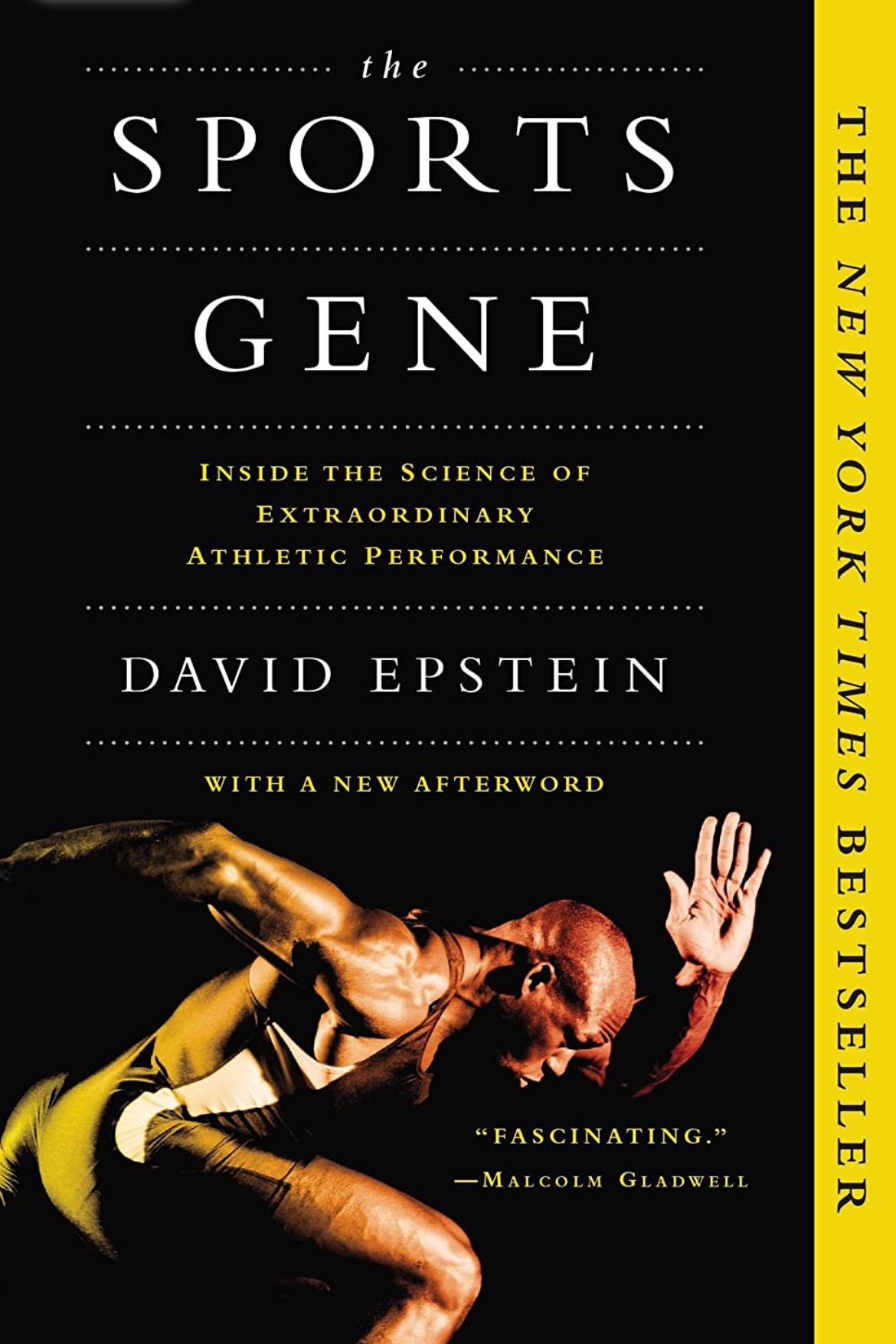We have referenced Tiger Woods quite a few times at Absolute, not to downplay his accomplishments or what he has meant to the sport of golf, but rather to contemplate what could have been had he stayed healthy using the appropriate training over time to sustain him longer into his 30’s and 40’s, where from a purely skill perspective he could have continued to win golf tournaments, specifically Major Championships.
A potentially large part of that story centres around his early development and how that may have had an effect on his ability to sustain high performance later on in his career. The question then becomes one of the longevity of high performance and how the early chase to acquire it, otherwise early specialization may have an effect.
David Epstein, noted author of The Sports Gene and Range, two great reads that are highly recommended, refers to TW often as an example of an athlete that was an “early specializer”. He spent all of his available time playing golf in such a way that he developed a level of high performance very early in his golfing life from which he continued to try and build further and further finding different ways to try and do so (hence his foray into training like a SEAL). Roger Federer on the other hand is an athlete arguably more decorated than Tiger (using Major Championships as the measure, which in tennis are called Grand Slams) albeit in a different sport who was an “early generalizer”, actually shunning tennis early in his life preferring to do a multitude of other sports and endeavours. Federer continued to win major tournaments well into his thirties and up until recently, having knee issues the last year and a half, remained relatively injury-free during his career.
From the 1950’s into the 80’s the USSR dominated world athletics. Looking back there are many political and social negatives associated with this domination. However, throughout this time, there was always one similarity amongst all athletes of the Soviet Union: they were all early generalizers, spending time continually building a base of different movement experiences requiring different qualities of fitness, strength and mobility. This could then be translated to more specific training as the athlete got older.
Below is a link to a recent TED X lecture given by David Epstein.
Some Key Points:
High Performance is not a linear progression
Variability of movement experiences early equates to sustained growth later on.
Early or Hyper Specialization can lead to blind spots that are tough to overcome.
When working with athletes, of similar age those that seem “behind” may not be.
Structuring your training sessions in particular ways can lead to higher performance potential.




